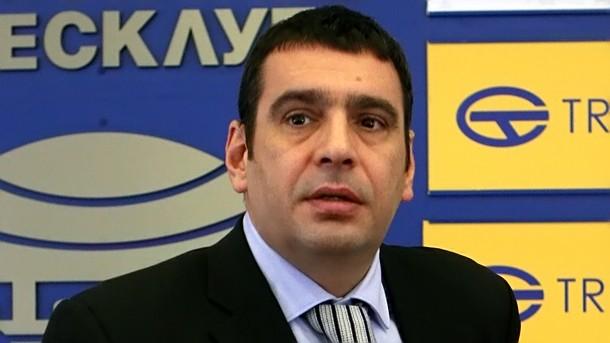
Bulgaria fulfils three of the Maastricht criteria for joining the euro zone, but still does not meet the price stability and inflation targets, according to a report by the European Commission, as quoted by BTA. Bulgaria does not currently meet the..
Bulgaria will receive €65.2 million from the EU for a project to reinforce the electricity grid to better support the integration of renewable energy, the European Commission said in a statement. The money is part of a total of nearly €3 billion..
Bulgaria ranks 58th out of 67 countries in the World Competitiveness Yearbook of the Institute for Management Development (IMD), Switzerland. The country has shown a lack of progress since 2021 and dropped 10 positions compared to 2020 and 20..

+359 2 9336 661
